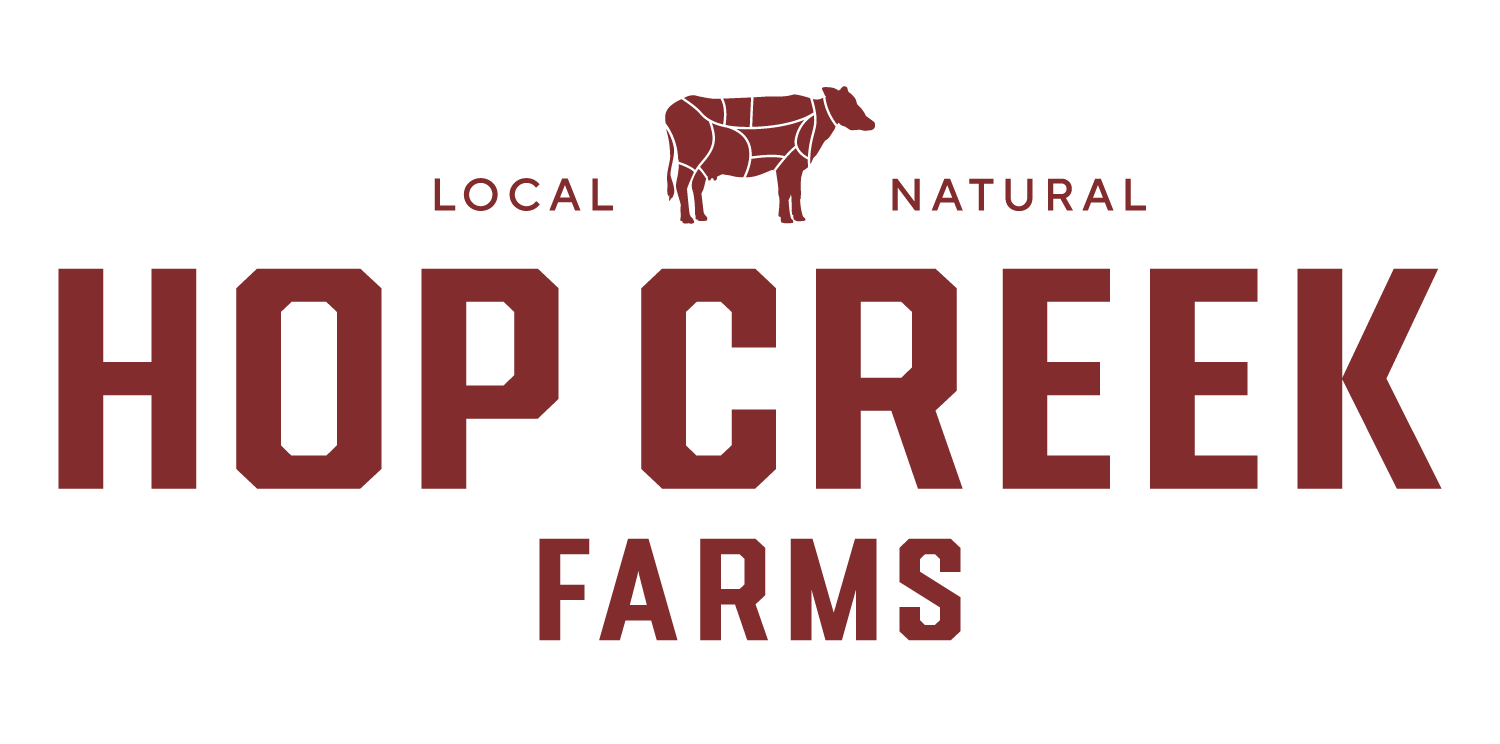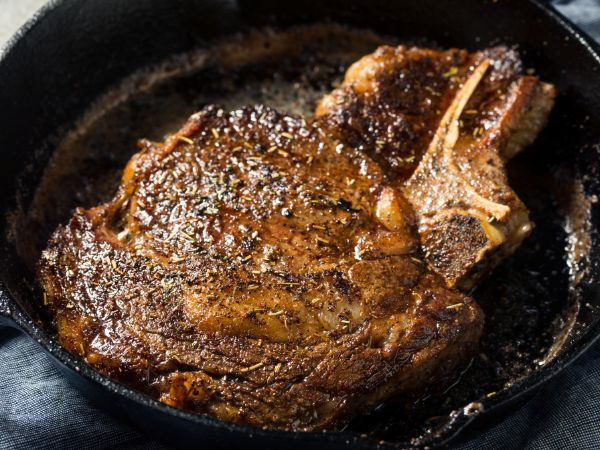Sustainable Meat Farm Practices at Hop Creek Farms
posted on
August 27, 2024

Quality Food From a Quality Meat Farm
Located in the scenic Squamish, British Columbia, our farm is a prime example of a sustainable meat farm dedicated to ethical animal husbandry and quality food production. Emphasizing natural practices, this family-owned farm allows livestock to roam free in lush pastures, ensuring they are raised without the use of growth hormones or antibiotics.
The significance of a sustainable meat farm extends beyond simply producing meat; it embodies a commitment to environmental stewardship, animal welfare, and providing the community with delicious, high-quality meats that contribute to good health and well-being.
At Hop Creek Farms, our dedication to sustainable practices enhances the flavours of our products and grass-fed beef is raised, prioritizing and promoting a more responsible approach to meat consumption.
Grass-Fed Beef
At Hop Creek Farms, the raising of grass-fed beef is a meticulous process that prioritizes the health of both cattle and the environment. The cattle can graze freely on nutrient-rich pastures, which are carefully maintained to support biodiversity. This method not only meets the cows' dietary needs but also enhances the quality of the beef produced. By grazing on grass, the cattle benefit from a natural diet high in omega-3 fatty acids and vitamins, contributing to leaner and more flavourful meat.
The benefits of grass-fed beef extend beyond health for consumers; they also play a crucial role in environmental sustainability. Grass-fed systems significantly reduce the need for supplementary feed, lower greenhouse gas emissions, and improve soil health through rotational grazing practices.
This approach helps sequester carbon in the soil, mitigating climate change impacts. Additionally, by avoiding the use of growth hormones and antibiotics, at Hop Creek Farms ensures that our beef retains its natural integrity, resulting in healthier product choices for consumers increasingly concerned about meat quality and safety.
Hop Creek Farms' grass-fed beef-raising process adheres to sustainable practices and provides numerous benefits for consumers and the environment, ensuring a superior product that aligns with the farm's mission of ethical and responsible meat production.
Beef Recipes
Grass-Fed Lamb
Rearing of grass-fed lamb is approached with the same dedication to sustainability and animal welfare that defines the entire operation.
The lambs are raised in a stress-free environment, allowing them to graze on a diet of fresh, natural grasses and legumes, which not only meets their nutritional needs but also enhances the flavours of the meat. The farm employs rotational grazing techniques, moving the flock regularly to new pastures, which ensures that the land remains healthy and productive while minimizing the risk of overgrazing.
The nutritional value of grass-fed lamb is notable. Compared to conventionally raised lamb, it offers higher levels of omega-3 fatty acids, conjugated linoleic acid (CLA), and various vitamins. This diet results in meat that is not only more nutritious but also delivers a distinct, rich flavour that stands out in any dish.
The ethical considerations inherent in grass-fed lamb farming at Hop Creek Farms play a pivotal role; here, the well-being of the animals is paramount. By avoiding crowded conditions and harmful additives, the farm fosters an environment of care and respect for the animals, ensuring that each lamb is raised humanely.
Pastured Pork
Pastured pork production emphasizes the pigs' natural behaviours and welfare, allowing them to thrive in a free-range environment.
When compared to conventional pork, the benefits of pastured pork become evident. Pigs raised on pasture enjoy a more varied and wholesome diet, leading to pork that is often richer in flavour and contains higher levels of essential nutrients. Additionally, pastured pork is typically lower in fat and higher in omega-3 fatty acids compared to its conventionally raised counterpart, which is often fed a grain-heavy diet in confined spaces.
The environmental impacts of pastured pork production are notably positive. This method of farming reduces the concentration of waste in one area, helping to prevent soil degradation and water pollution. By fostering a sustainable ecosystem, pastured pork practices contribute to improved soil health and carbon sequestration, playing a role in combating climate change.
The holistic approach to farming at Hop Creek Farms promotes the well-being of the animals and aligns with broader sustainability goals, making pastured pork a responsible choice for consumers who care about the environment and animal welfare.
Pastured Chicken
Pastured chicken farming is built on the principles of animal welfare, sustainability, and flavour. Our chickens are raised in a natural setting where they can roam freely, engage in their inherent behaviours, and forage for insects and plants, which enrich their diets.
This practice promotes the health of the birds and results in more flavourful and nutritious meat. The farm employs a rotational grazing system, regularly moving the chickens to fresh pasture, which helps prevent overgrazing and encourages soil regeneration.
The health benefits of consuming pastured chicken are significant. Chickens raised in pasture-based systems typically have a higher nutrient profile, including increased omega-3 fatty acids and vitamin E than conventionally raised chickens. This more natural diet results in meat that is leaner and packed with essential nutrients, making it an excellent choice for health-conscious consumers.
The lower stress levels associated with a free-range environment translate into better quality meat, contributing to a more enjoyable culinary experience. By choosing pastured chicken from Hop Creek Farms, consumers support sustainable farming practices while enjoying a superior and healthier product.
Supporting Local Sustainable Meat Farms
Choosing to support sustainable meat farms, like Hop Creek Farms, benefits your own health and strengthens the community and environment. By purchasing meat sourced from farms that prioritize animal welfare and sustainable practices, you are making a conscious decision to promote responsible farming that respects natural habitats and reduces environmental impact.
These farms contribute to biodiversity, improve soil health, and ensure the humane treatment of animals. Consider visiting a local farm or farmers' market, participating in community-supported agriculture (CSA) programs, or simply choosing grass-fed and pasture-raised meats at your local grocery store. Your support can foster a more sustainable food system and empower farmers dedicated to ethical practices. Make a difference today by choosing local!
Shop online or visit our Brackendale farm market to pick up your local meats!







